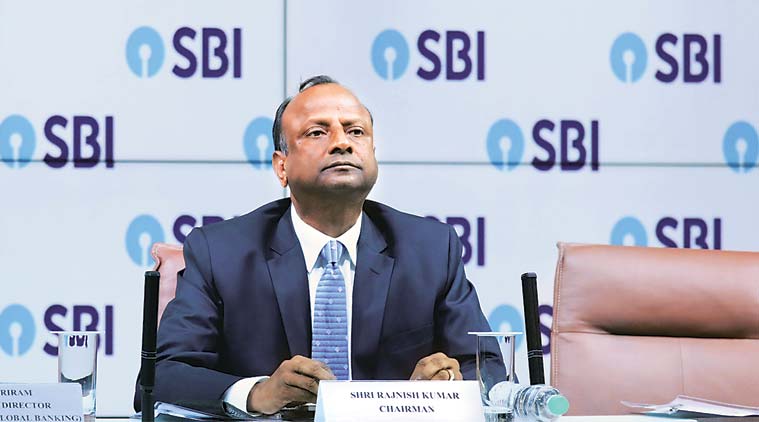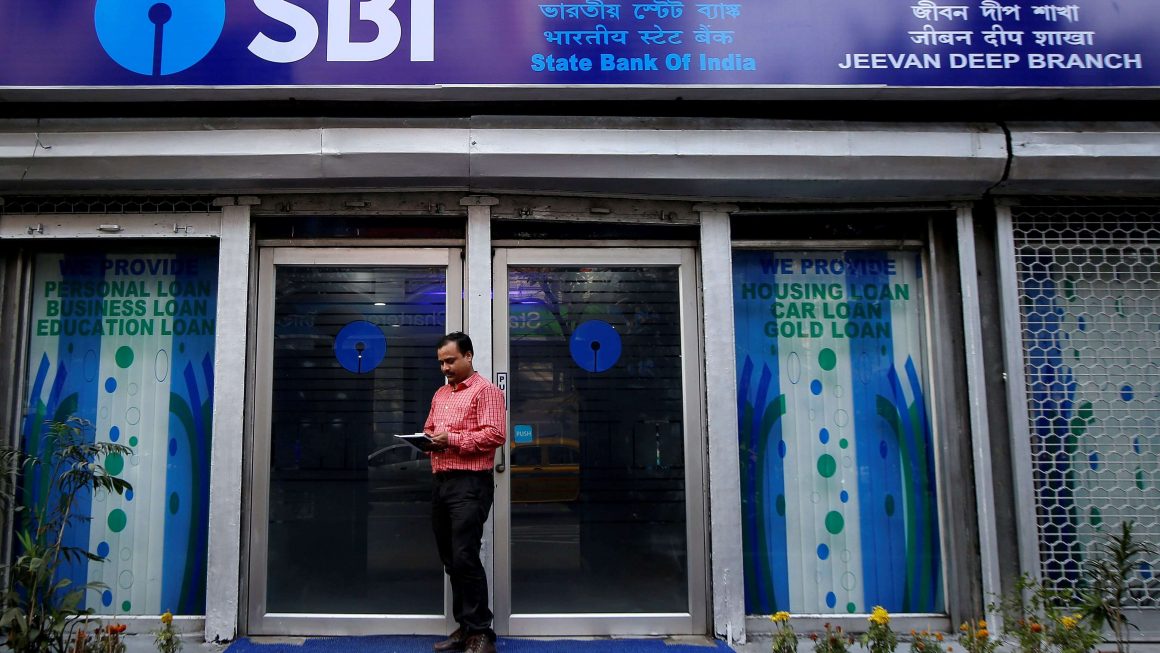MUMBAI: State Bank of India (SBI) chairman Rajnish Kumar said Section 29A of Insolvency and Bankruptcy Code (IBC), which disallows defaulting promoters and related persons from bidding for assets, is being “stretched too far”.
Speaking at an event in Mumbai, he said most of the litigation at present are due to Section 29A. “But this section, in my view is being stretched too far and there is a need that more clarity is brought about,” he said.
According to him, while the intent of IBC Section 29A is very clear that the defaulting promoters should not be in the driver’s seat once again, it has become the most contentious issue.
Citing an example, Kumar said that if two brothers have parted 20 years ago and if one brother’s family is in trouble, then barring the other from bidding for an asset is alright.
“However, to say that the other brother running a business successfully cannot bid for any asset is, I believe, carrying the interpretation too far. These are two independent businesses, so, if one is in default, you can stop the related party, but not being allowed to bid for any asset whatsoever is not logical,” he added.
Kumar said he expects more clarity to emerge on this issue at an appropriate time.
“Everywhere, it is this Section 29A (that is) causing the maximum problem,” Kumar said.
He also spoke against the practice of allowing late bidders for assets under IBC. “When we have completed the bid process, someone would say he has a cheque for a higher value. They were sleeping all throughout the process which has gone on for nine months and then suddenly they say that since ₹15,000 crore is the highest bid, please take ₹16,000 crore,” he said.
Kumar said the practice of submitting late bids “is not the way in which IBC can be run” and asked interested investors to follow the bidding time frame. “If we allow this to continue, then a short-term view could be that it is maximizing recovery for lenders but otherwise I think it is counterproductive. Anyone who is a serious bidder should participate in the process,” he said, adding that once the bidding process is closed and the CoC has approved the plan, nobody should be allowed to make any bid after that as it defeats the entire process.
“Another negative impact would be that nobody will take the bidding seriously because they are unsure that even if they bid and get the unit, there could be somebody waiting outside the process to jump in with ₹500 crore more, and then you go into the cycle of litigation,” Kumar added.
He also raised the issue of bidders not paying for the asset despite approval of their plans. Kumar said there is need for very stiff penalties against such bidders.
“They have delayed the whole process and after that, they have been unable to find the money which they have committed and it has been a huge setback for the whole process. Some exemplary punitive actions are required for people who have delayed the process, in my view, deliberately,” he said.
Source: Press Trust of India


